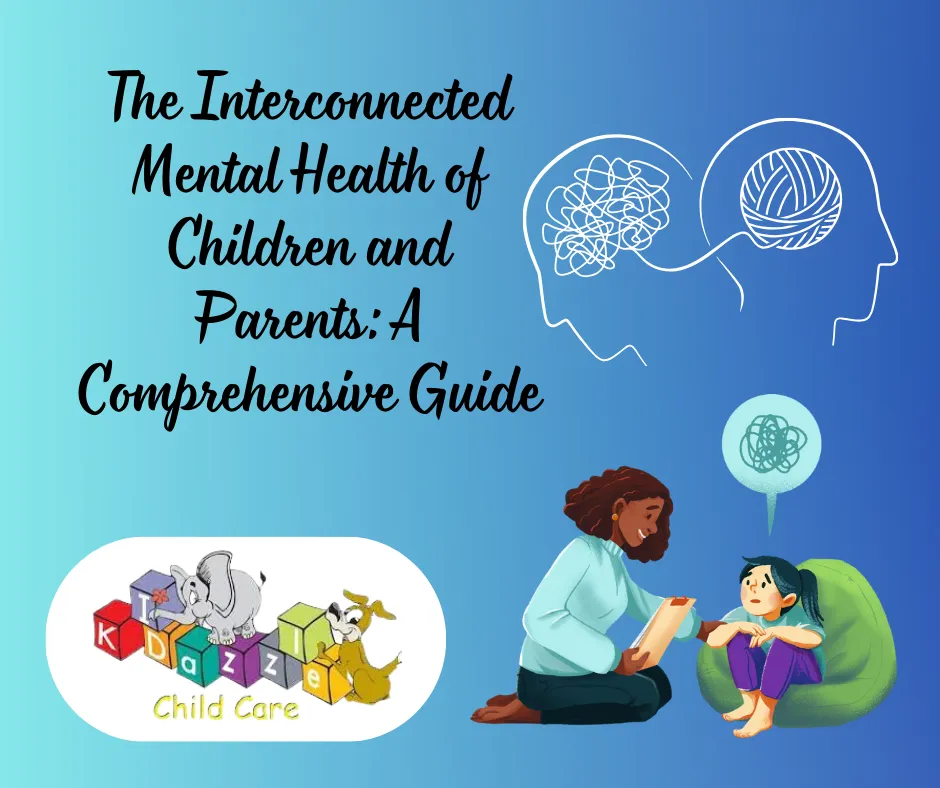
The Interconnected Mental Health of Children and Parents: A Comprehensive Guide
The mental well-being of children is intricately linked to that of their parents. As we navigate the complexities of modern life, understanding the factors that influence mental health and the resources available becomes paramount.
The Importance of Mental Well-Being in Children
Children's emotional well-being is as vital as their physical health. A sound mental state equips them with the resilience to face life's challenges and mature into balanced adults. As the
Mental Health Foundation aptly states, factors that bolster children's mental health include:
- Being in good physical health, consuming a balanced diet, and regular exercise.
- Time and freedom for both indoor and outdoor play.
- A harmonious family environment.
- Schools that prioritize the well-being of students.
- Participation in local activities.
Furthermore, feeling loved, trusted, safe, and having a sense of belonging significantly contribute to a child's mental well-being.
Factors Influencing Children's Mental Health
Various events and circumstances can impact a child's mental state. Traumatic events, changes like relocating or changing schools, or even the birth of a sibling can act as triggers. Teenagers, in particular, undergo emotional upheavals as they transition to adulthood, which might involve experimenting with substances that can affect their mental health.
Certain risk factors make some children more susceptible to mental health challenges. These include:
- Long-term physical illnesses.
- A family history of mental health issues.
- Experiencing severe bullying, physical, or sexual abuse.
- Situations of poverty or homelessness.
- Experiencing discrimination.
Common Mental Health Challenges in Children
Depression is increasingly prevalent among children and teenagers today. Other common challenges include:
- Self-harm, often as a coping mechanism for intense emotional pain.
- Generalized anxiety disorder (GAD).
- Post-traumatic stress disorder (PTSD) following traumatic events.
- Attention deficit hyperactivity disorder (ADHD).
- Eating disorders, more common during teenage years.
The Role of Parents in Supporting Children's Mental Health
Parents and guardians play a pivotal role in recognizing and addressing their children's mental health challenges. One of the most effective ways to support is by actively listening and taking their feelings seriously. If a child's distress persists or disrupts family life, seeking professional help becomes essential. Schools, GPs, health visitors, and Child and Adolescent Mental Health Services (CAMHS) offer invaluable support.
The Mental Health of Parents and Its Impact on Children
According to the CDC
the mental health of parents significantly influences their children's well-being. Parents who rate their mental health as good are more likely to report that their children are thriving.
The mental health of children and parents is deeply interconnected. By understanding the factors influencing mental well-being and leveraging available resources, we can foster a supportive environment for both children and parents to thrive.